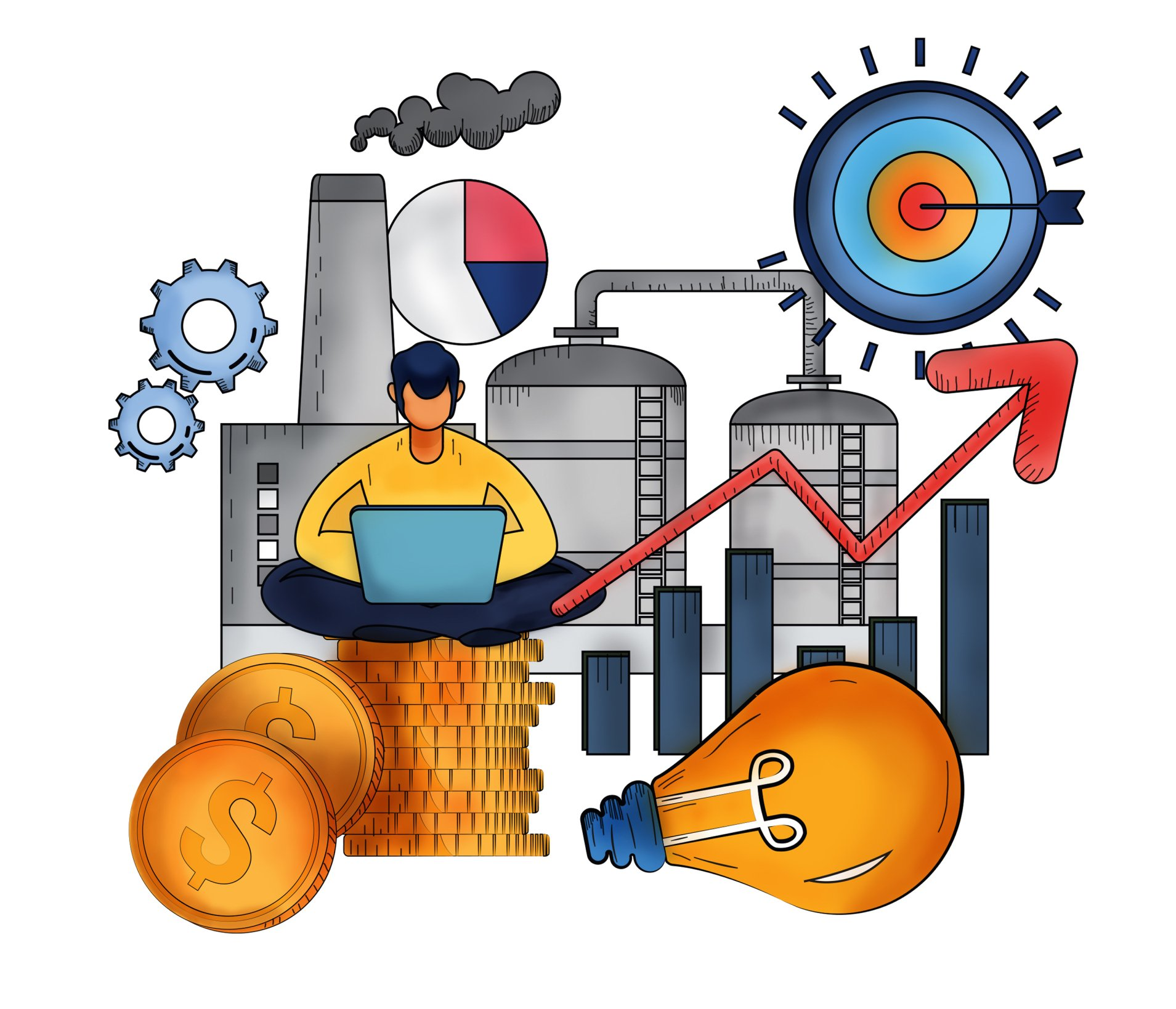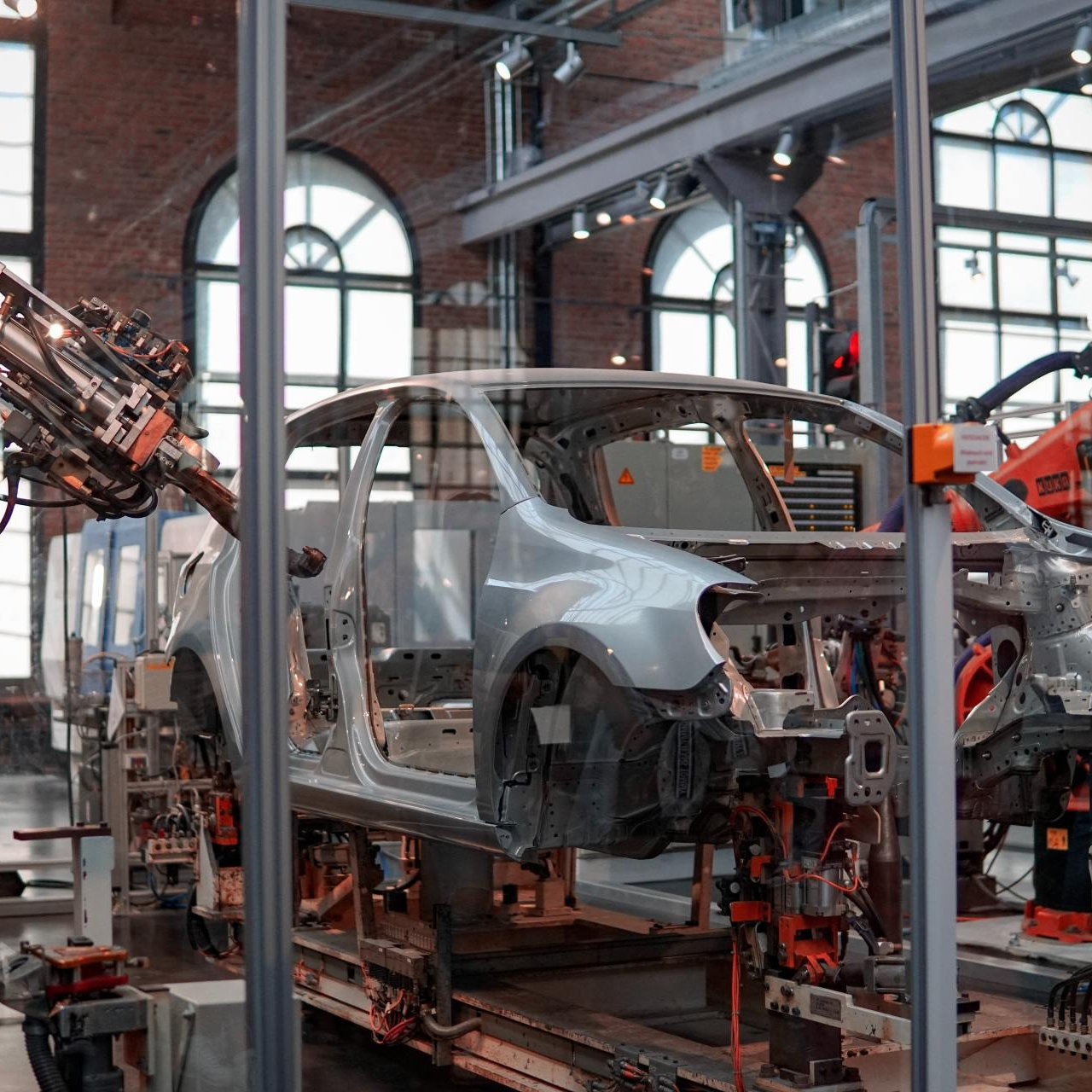Articles
Articles

By Kegham Arzo
•
September 14, 2020
Ask almost anyone smart doing a business degree at the moment about their career plans, and you’re bound to hear the word “start-up”. Even if they don’t use those specific one-and-a-half words, they will almost certainly list the typical features of young companies when describing their preferred working environment. What you certainly won’t find are talented graduates queueing up for 9-to-5s at medium-sized manufacturers in provincial towns without so much as a co-working space. Why start-ups are attracting employees – and would-be employers

By Kegham Arzo
•
August 9, 2020
Amidst all the reports of yesterday’s garage/spare-room/co-working space start-up becoming today’s multi-billion-dollar enterprise, many traditional industrial companies – large and small, mass-market and niche – feel overwhelmed by the prospect of the digital transformation. While some bury their head in the sand, assuming – despite mounting evidence to the contrary – that their own particular area of industry is somehow safe from digital challengers, others understand the urgency of adapting their business to match the epochal shift in the economy, and are willing to invest in order to push their transformation forward. This latter group should be commended. As any good shrink will tell you, accepting that you have a problem is both the hardest step to take and also the core prerequisite to beating it. And it is not easy to accept that simply producing what you have always produced and selling it to the customers you have always sold it to is no longer a recipe for success. So industrial companies who have recognised the shift in the economy – and who are prepared to adapt previously profitable business models to an uncertain digital future – have already cleared the highest hurdle. The problem, though, is that they are falling down at the next one. Digital industrial strategy: keeping the cart behind the horse

By Kenny Arzo
•
May 26, 2020
Today, I came across this article on Reuters about problems at car parts manufacturer Benteler. It caught my attention not only due to the business strategy questions it raises, but also due to an emotional connection I have to the company: Benteler was my first employer. And it was a great place to start my career. Surrounded by top industry professionals, I quickly found myself on a tremendously enriching learning curve – and building friendships with colleagues with whom I am still in contact today. So it is sad to read classic financial press copy like “compounding problems at the family-owned company”, “ill-fated U.S. expansion”, and “restructuring talks with creditors” about a company I owe so much to. It certainly seems like there is a political issue, too: I can understand why the German government might not be so keen to help out a company which fled to neighbouring Austria on a corporate tax dodge and has now come back begging for cash… I think the really interesting question, though, is just what happened to such a large-scale and highly-professional global operation – a textbook example of German family-owned business success – to reach such an unfortunate state? Well, here is my opinion – not as “insider” anymore, but as someone who knows the company and its market well. So let’s start by looking at that market . For decades, Automotive was a continuous growth market in which well-established, globally-active automotive suppliers were able to participate by expanding their manufacturing capacities and growing with the OEMs. This dynamic started to change in 2017, however, in line with shifting customer behaviour. Car ownership among the younger generations started to decrease and in recent years, new business models catering to those who do not buy and run their own vehicles have sprung up, especially in larger cities: car-sharing providers, rent-a-bike schemes, ride-hailing apps. What is more, the new millennium has brought improvements in public transportation together with a growing environmental awareness. In the long term, all of this serves to discourage consumers from buying a car. And now, for the second time in this young century, there has been a breathtakingly sharp drop in demand, sending global volumes plummeting and impacting directly on suppliers who are largely reliant on OEMs.

By Kenny Arzo
•
March 5, 2020
In late January, Tesla’s share price hit a record high and took its market capitalisation to $100 billion. That makes it worth more than the US’ stalwart carmakers Ford and GM – combined – and dwarfs valuations in the historically incredibly successful, highly profitable German automotive industry. Now, I certainly wouldn’t be alone in stating that this is a valuation not supported by the underlying numbers: even the most ardent of Tesla cheerleaders will agree that the dizzying figure says as much about Elon Musk’s gift for marketing and investors’ search for digital outlets for the huge sums of money they have sloshing around. Here’s where I am on my own, though: I don’t just think Tesla is overvalued – I don’t even think Tesla will make it to 2025!
